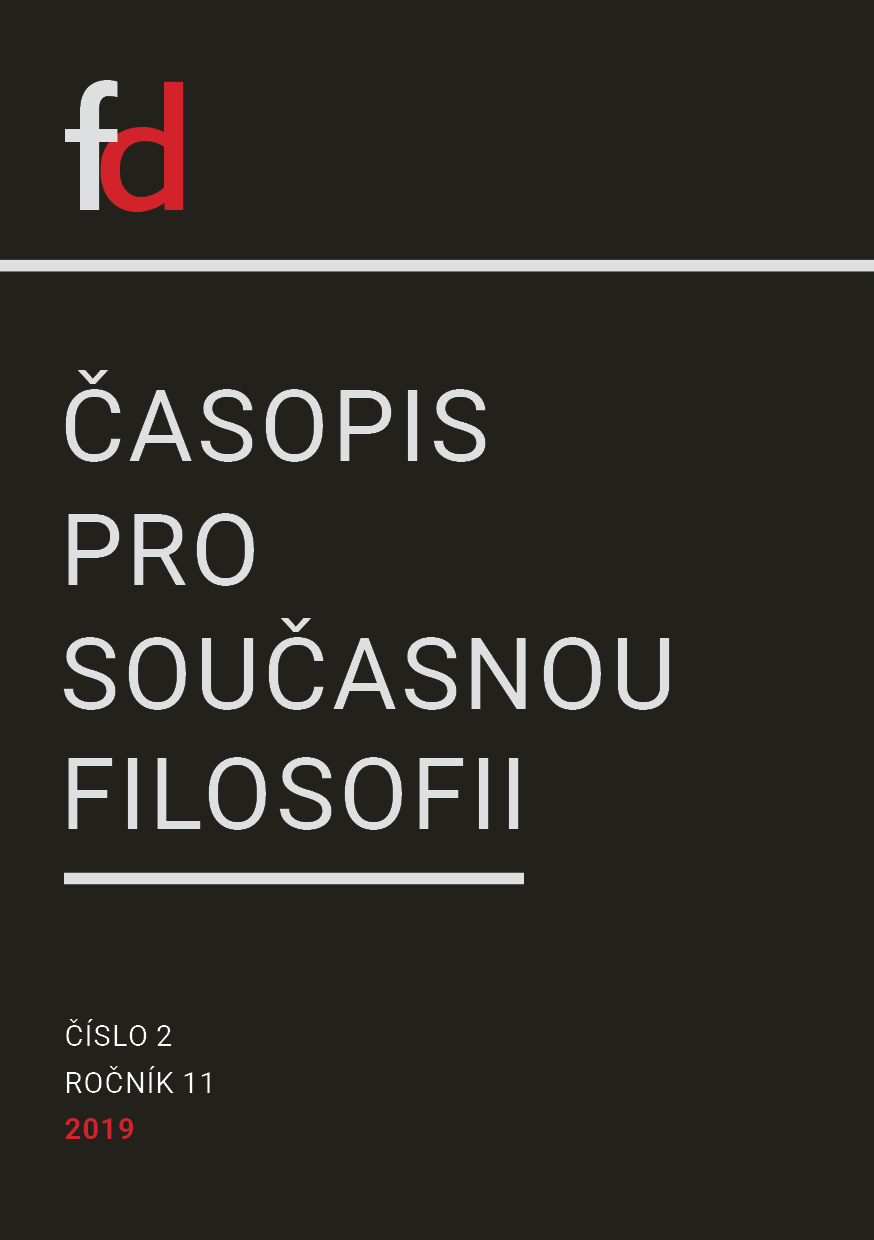Collective Belief and the Intentional Strategy
DOI:
https://doi.org/10.26806/fd.v11i2.303Abstract
What do we mean when we say that some group believes something? Do we simply mean that all the members of the group believe it, or are we acknowledging the existence of some kind of group agent? According to Margaret Gilbert, talk about group mental states refers to the specific kind of agreements she calls joint commitments — that is, to collectively believe something means to be committed with others to believe it. In my article, I will first present Gilbert’s approach in more detail but will ultimately show that this approach is problematic and will refute it. I will briefly consider the most common solution to the problems Gilbert’s account faces, which lies in replacing collective beliefs with acceptances, but I will show that this solution will not do either. The solution I will then present will be based on Daniel Dennett’s intentional strategy, which is a method of interpreting the things around us and predicting their behaviour by treating them as rational agents with relevant intentions. I will try to show that all the problematic cases of collective belief can be explained by applying the intentional strategy to the groups in question.
Downloads
Published
Issue
Section
License
Authors who publish in this journal agree that:
1. Authors retain copyright and guarantee the journal the right of first publishing. All published articles are licensed under the Creative Commons Attribution license, which allows others to share this work under condition that its author and first publishing in this journal was acknowledged.
2. Authors may enter into other agreements for non-exclusive dissemination of work in the version in which it was published in the journal (for example, publishing it in a book), but they have to acknowledge its first publication in this journal.
3. Authors are allowed and encouraged to make their work available online (for example, on their websites) as such a practice may lead to productive exchanges of views as well as earlier and higher citations of published work (See The effect of open access).


